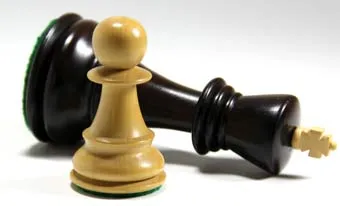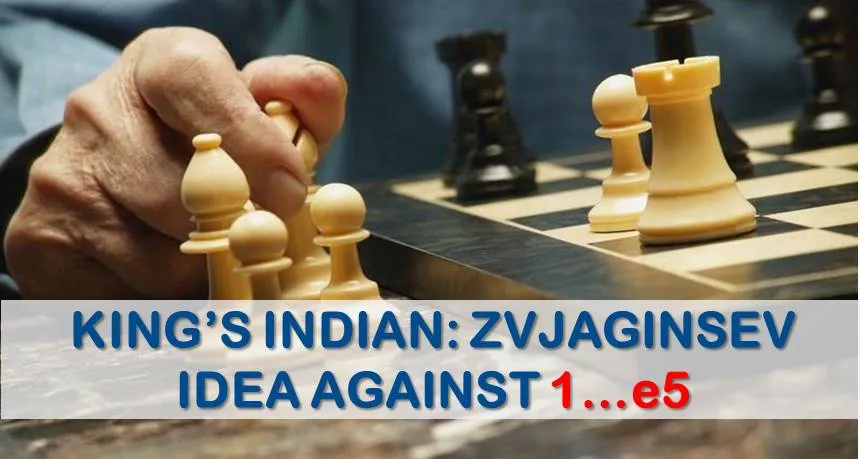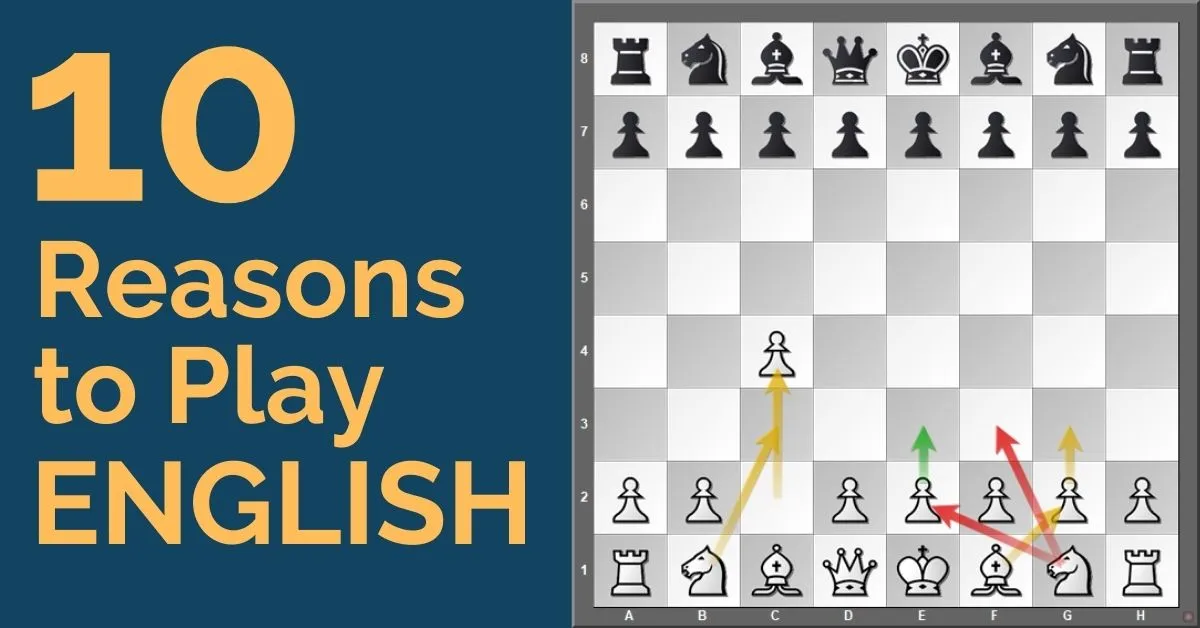Unfamiliar Chess Openings: Survival Guide

Today we’ll talk about something different rather than Rook Endgames that I was covering lately. If not endgames, than what, you may ask? Right, we are going to talk about openings, which is something opposite to the endgames. Don’t get disappointed yet since I’m not going to cover the openings you know and play on regular basis. Today’s topic is something a little bit different. We’ll talk about the openings you have no clue about. More specifically, we’ll discuss how to play the openings you never saw before and don’t even know they exist.
The person who knows the opening well has a ‘map’ of the opening in his head. He knows basic things about the development, where to place pieces, which side to castle to (or if to castle at all), which pieces to keep and which to exchange, what to attack and so on. At the same time he knows some common mistakes that players usually make in this opening and the ways to exploit them. You can see some most common opening traps here. If you are at the position of defending player, the one who doesn’t have a map, this guide will help you to find a way through the unfamiliar opening and will arm you with some universal tools that will help you to find your way through the opening keeping (hopefully) all your material.
If you play chess I’m 100% certain that sometimes you face openings you never played or saw before. The newer you are to chess the higher the chances that you will get exposed to new openings more and more often. It means that if are a novice player this information will be very valuable for your growth as a chess player. Even if you play chess for a long time and if you don’t have the opening database in your head you still will find yourself in situation when opponent surprise you with the opening choice.
Let’s say you are playing the opening and your opponent respond not as you expected. In other words the position on the board is something you never saw before and have no idea how to precede.
Mistake #1
When players face unfamiliar opening position, for some ambiguous reason, they keep playing the moves at a very fast rate, just like if they have played it 20 times before, not realizing that the position requires deep analyzes. Of course, you don’t want to show the opponent that you have no idea about the opening right from move 2, but playing bad moves is even worse. The most probable outcome is that the player unfamiliar with the opening will make a mistake and blunder something simple like fork and lose a bunch of material.
Solution: when you face an opening or a move that you haven’t seen before, do not rush things: think! Rushing and playing careless moves is the worst thing that can happen to a player with no opening knowledge. Instead, take your time, analyze the position thoroughly and plan your moves ahead. Most likely you won’t find the best moves. Even if you find ‘good’ ones you should be fine throughout the game. If you’re looking to go deeper into analyzes techniques I recommend reviewing how to analyze positions at chess.
Mistake #2
If you make a mistake throughout the opening or if you feel that your position is inferior you shouldn’t calm down yourself with the thought that you are doing ok. The faster you realize that you’re losing the better and the more time you will have to save the game. Therefore, you either need to defend and keep on your material in order to transpose into an equal endgame, or to sacrifice some material and get back into the game. Both approaches are risky and which one is the best depends on a particular position on the board. If you want to learn how to defend, I would recommend reading how to play chess in the lost position.
Mistake #3
When players face an unfamiliar opening they act in two different extremes. The first type of players gets scared of the unknown territory and begins to play very passively. The opponent usually gets superior position with a space, good control and wins the game. The second type players’ acts very aggressively even thought the territory is not well known. These players gladly accept sacrificed material and end up under crashing, devastating attack resigning a few moves later.
Solution: The best approach is the balanced approach. In any opening (especially in unknown) you should develop pieces and put the King to safety before you take any actions against your opponent. Of course there are exceptions to this rule, in some openings you don’t castle at all and start direct attack on opponent’s King. You shouldn’t accept sacrificed material in unfamiliar opening instead of developing pieces. That is a very dangerous strategy and will get you in trouble sooner or later. The two pawns you took instead of protecting your King will not help you to avoid a checkmate.
Summary:
- When playing an unfamiliar opening take more time to analyze the position, come up with a plan and avoid to blunders
- Realize when you’re in trouble and don’t comfort yourself with a thought that you’re fine. The quicker you see the trouble the more time you will have to save the game.
- Do not play aggressively, by accepting sacrificed material or lunching unprepared attack
- Do not play passively by keeping pieces locked and misplaced
- Develop your pieces, remember, once you develop your pieces and place them well, you succeed in the opening stage
- Do not be psychologically beaten by the fact you don’t know how to play this opening, use common sense to predict your opponent’s plan and to create your own counter plan
- Look for indirect signs in the position: if the opponent castle in the opposite side it means he wants to launch a pawn attack at your king, if the opponent wants to exchange bishop for a knight it means he will try to lock the position, if he has a pawn majority on one side of the board he would try to create a passer, etc.










Comments: